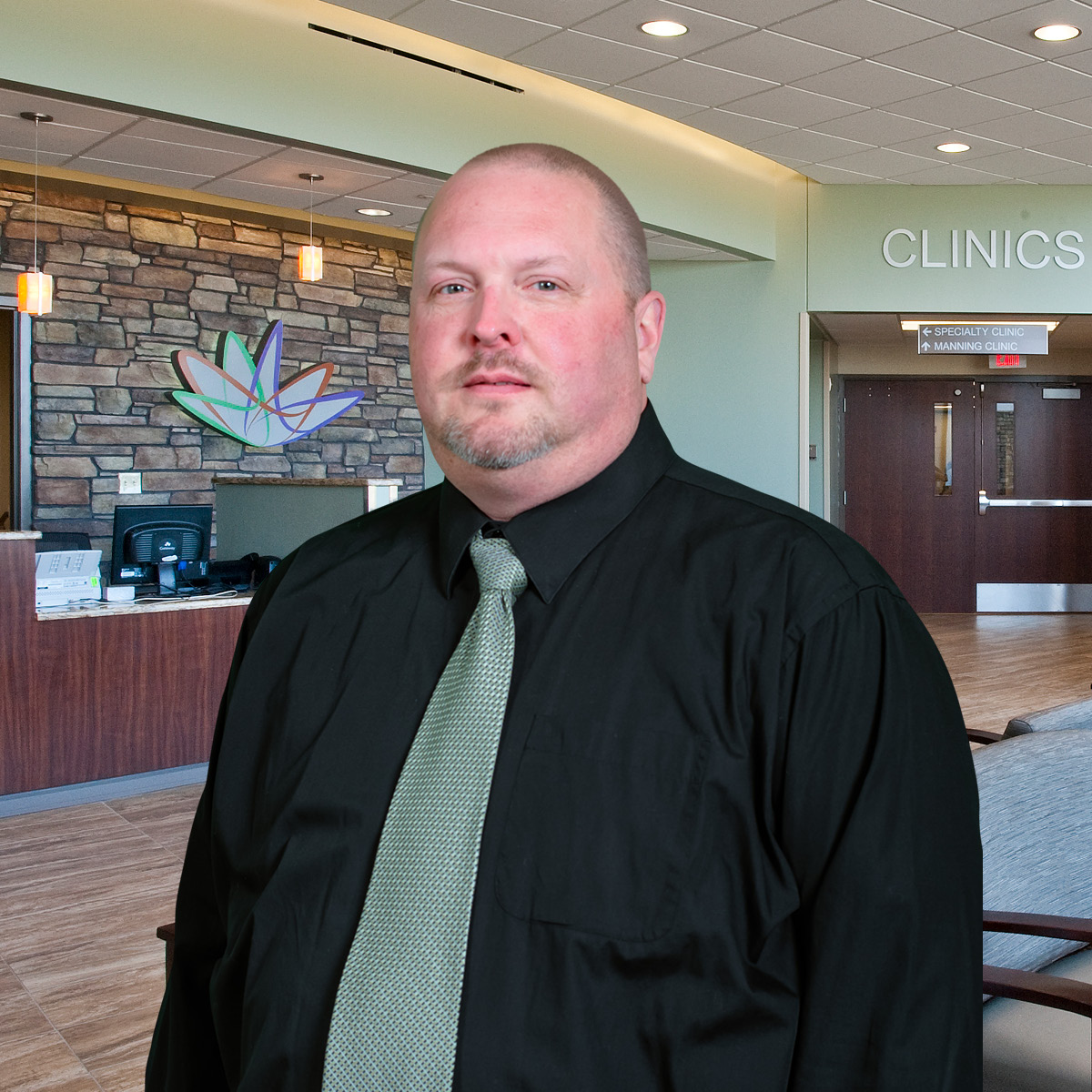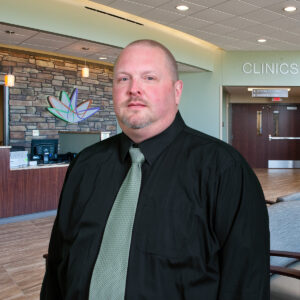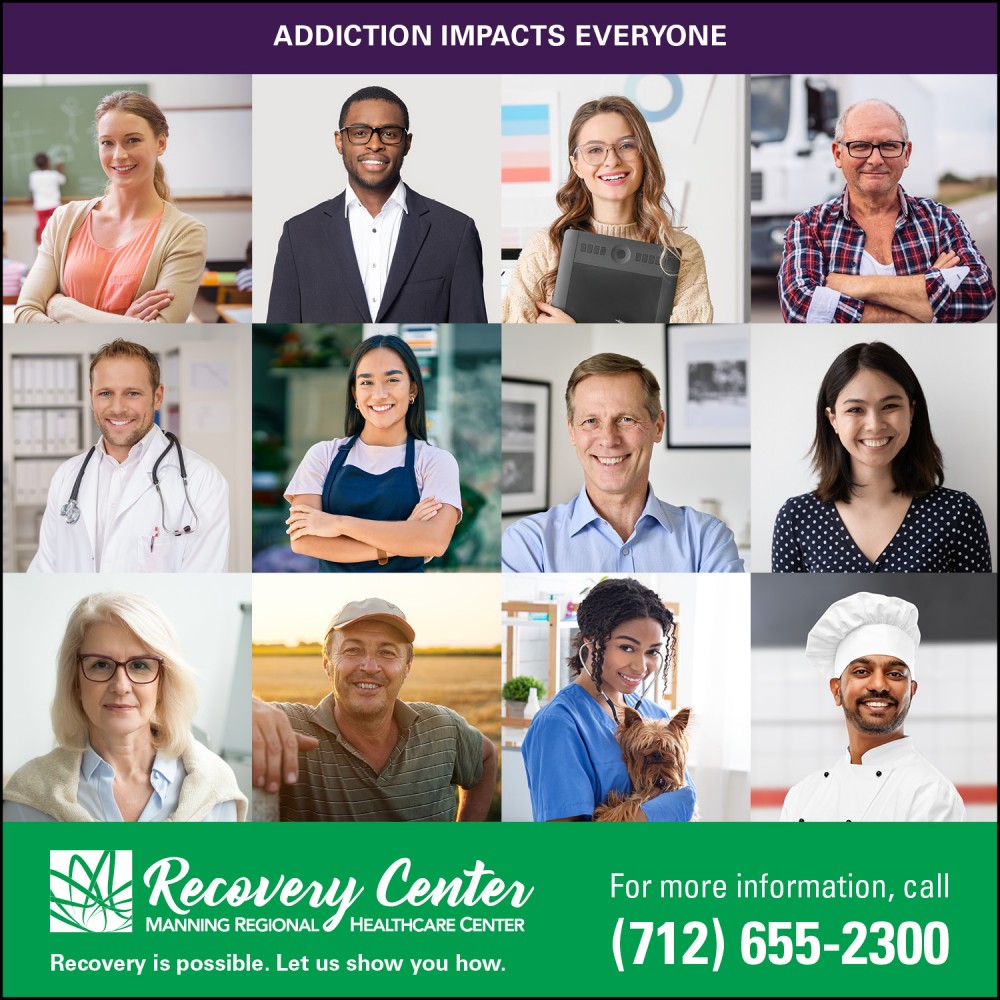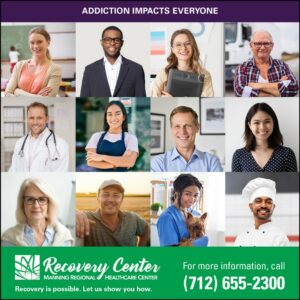By Bradley Madsen, Recovery Clinical Coordinator
Summer is here and that means more people are out socializing and enjoying a beverage or two. However, have you ever wondered what constitutes drinking too much? Alcohol abuse is defined as “the habitual misuse of alcohol”, meaning that a person consumes excessive amounts of alcohol.
Here is a pop quiz. For each question you answer “yes,” give yourself a point.
1. Have you ever set out to have ‘a quick drink or two’ but ended up having more drinks than you intended? Or did you stay at the bar drinking past the time you said you’d be home for dinner?
2. Have you ever thought “I really want/need to cut down on my drinking”, but struggled to do so?
3. Have you ever spent more time drinking alcohol or recovering from drinking than you would like?
4. Do you ever crave or have a strong desire to have a drink?
5. Have you missed major role obligations (work, school, or home) more than once because you were impaired or busy drinking?
6. Do you continue to use alcohol despite persistent or recurrent social (or interpersonal) problems caused or made worse by drinking alcohol?
7. Have you continued to drink despite knowing you have persistent, or recurrent mental or physical health problems caused or made worse by alcohol use?
8. Have you given up or reduced social, occupational, or recreational activities because of alcohol use?
9. Have you used alcohol when it was dangerous to do so? (Drinking and driving or drinking despite liver problems).
10. Have you noticed that you have developed a tolerance to alcohol? (It takes more alcohol to feel buzzed than it did in the past. Or you notice you can drink more now without feeling as impaired as you might have in the past).
11. Do you ever feel ill when you don’t drink for a couple of days?
These questions represent the diagnostic criteria for alcohol use disorders as defined by the DSM-5 (Diagnostic & Statistical Manual of Mental Disorders, Fifth Edition)
Scoring:
2-3 “yes” answers – You may have a mild alcohol use disorder.
4-5 “yes” answers – You likely have a moderate alcohol use disorder.
6+ “yes” answers – You likely have a severe alcohol use disorder.
If you (or someone you know) meet the criteria for an alcohol use disorder, you aren’t alone. According to the NIH, one in eight Americans meet the criteria for alcohol use disorder. Does this mean you are an ‘alcoholic’? Not necessarily, but it does mean that you are putting yourself at risk to develop alcoholism.
If you or someone you care about has problems with alcohol (or other substances), help is available locally. The sooner a person can get help, the better the long-term chance for recovery. Alcoholism is a disease, not a moral failing, a choice, or weakness. If you feel that you need help or guidance, reach out to your physician, or contact the Recovery Center at (712) 655-2300.
The Recovery Center at MRHC is a 16-bed, co-ed chemical dependency facility located in Manning. Services include detoxification, residential treatment, outpatient treatment and consultations or evaluations. Recovery Center staff have adapted treatments to meet the most pressing or newly emergent addiction issues, from alcoholism to the influx of meth to the abuse of prescription painkillers. For nearly four decades, staff have consistently helped clients take their first step toward healthy, drug and alcohol-free lifestyles.
For more information about the Recovery Center in Manning, visit www.manningrecoverycenter.com.


 By Bradley Madsen, Recovery Clinical Coordinator
By Bradley Madsen, Recovery Clinical Coordinator
